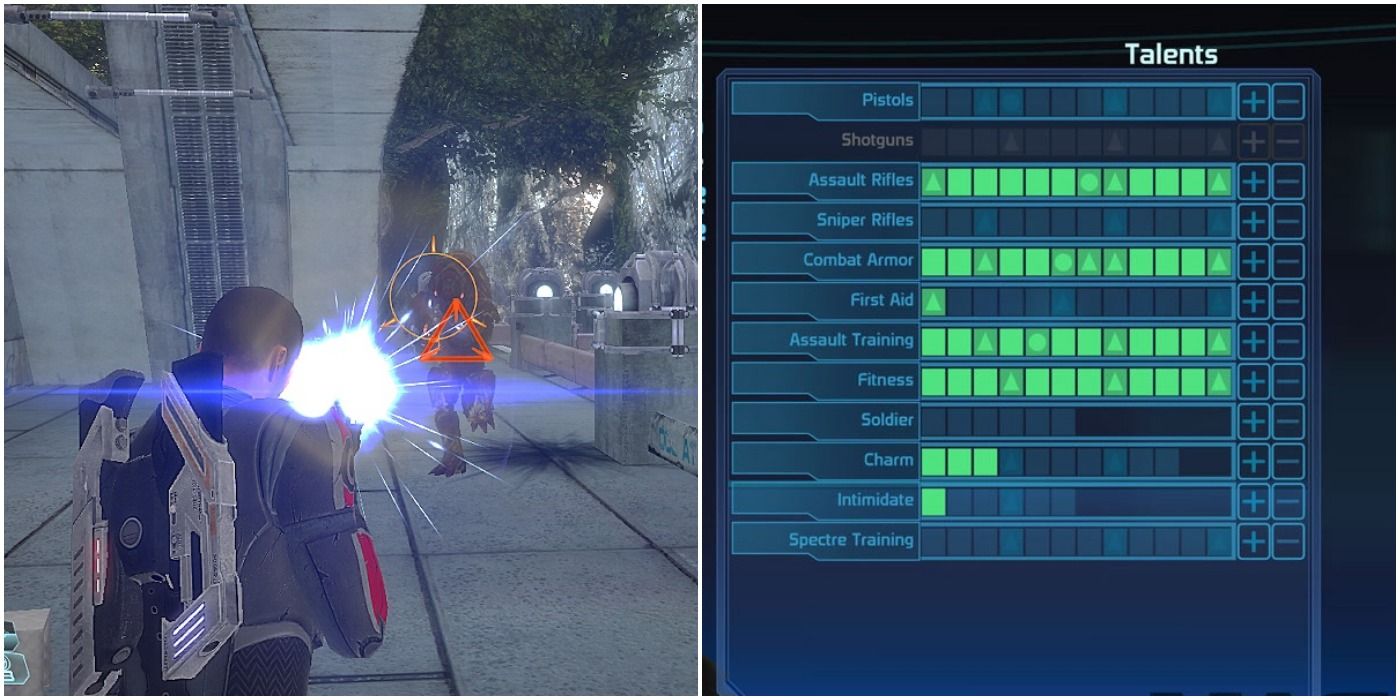
Mass Effect is one of the most beloved RPG epics of the last decade. The original trilogy is renowned for its sprawling sci-fi universe, wealth of compelling characters, and engrossing story driven by player choice. Now, gamers get to revisit this galaxy not so far away with the Legendary Edition, an extensive remaster of the trilogy that's set to release later this year.
RELATED: 10 Loose Ends That Could Be Addressed In The Upcoming Mass Effect Game
While this is exciting news, don't forget that the first entry is 14 years old. Players might be a little fuzzy on certain aspects of the series' debut, and going back to it will inevitably be a big eye-opener. Some of these aspects may be pleasant surprises of yesteryear; others could be rude reminders of obsolete design. That said, how much the Legendary Edition will change things remains to be seen. As it stands, though, gamers must consider these factors whenever they revisit the original Mass Effect.
10 Awkward Gunplay
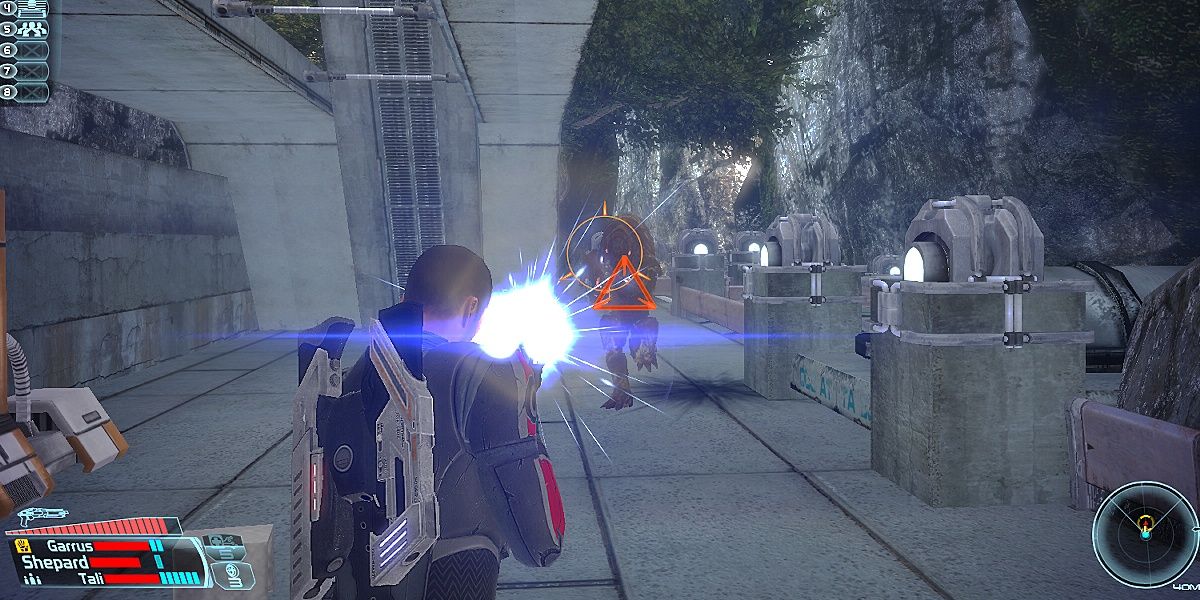
Things are often rough around the edges in a series' first entry, and it doesn't get much rougher than Mass Effect's third-person shooting. First off, the stiff movements make it hard to position Shepard effectively, especially when he/she clumsily clips to cover like a magnet.
Aiming isn't much better. The targeting reticle is often too big to line up precise shots, and you won't have much chance to get it right since the weapons overheat in a few seconds. Even if you do manage to hit the target, the questionable sound design and lack of recoil on enemies diminish any impact that it would normally have. It's good that the gunplay wasn't all the game had to offer. Otherwise, there might not have been a series.
9 Driving The Mako
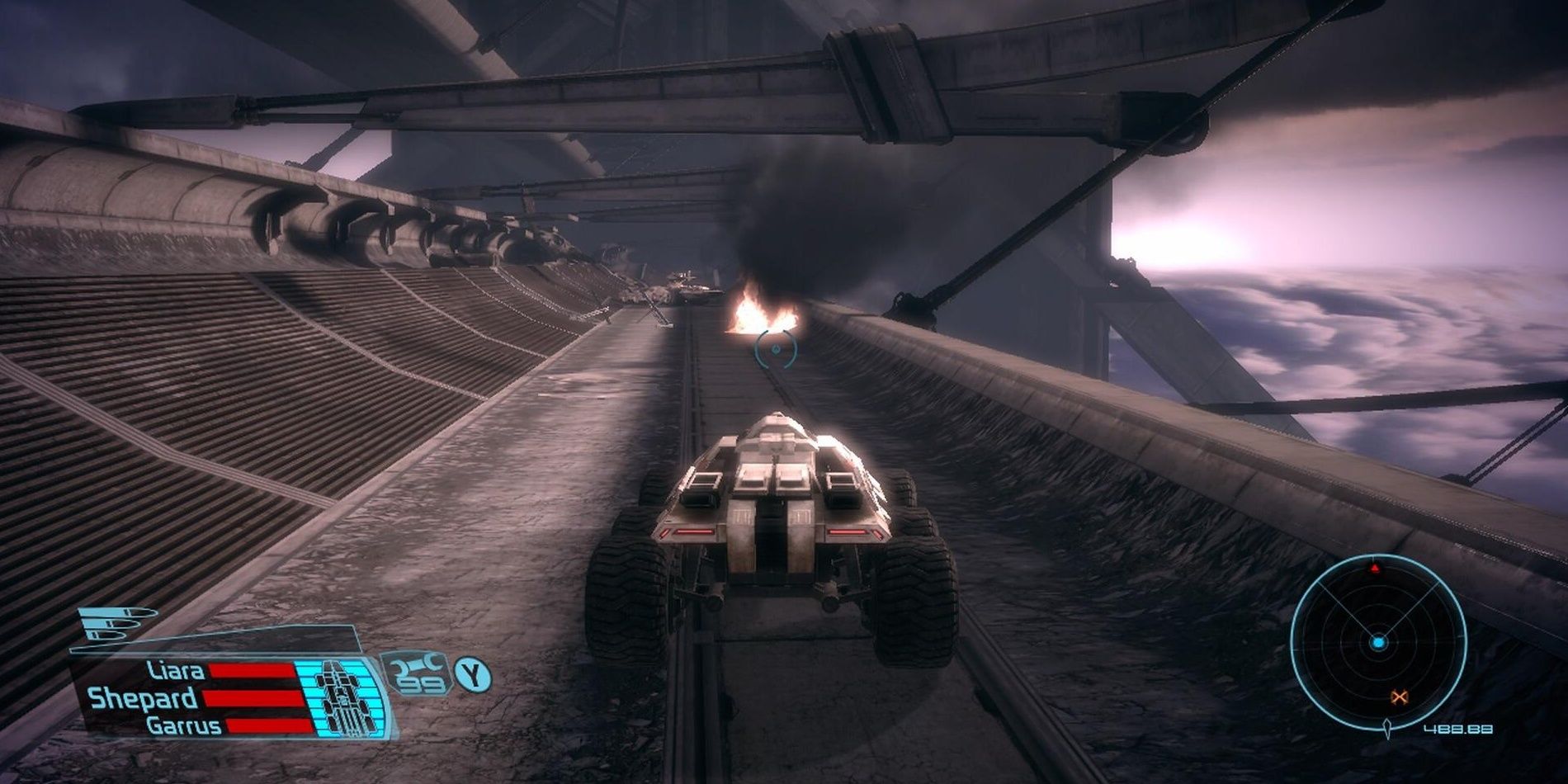
This hunk of junk is the worst. You'd think that Shepard's go-to vehicle for transporting an away team would handle better. Alas, no. The Mako is as slow as a cow, tips over at the slightest bump, has pathetic firepower, is easily destructible, and its stages are drawn-out and tedious.
Any time the game pushes this car on players, the campaign's momentum completely dies. It takes what should be an immersive element of exploration and makes it an utter chore. Just ignore the enemies and make a break for the end. It'll be over faster. Needless to say, no one complained when the Mako vanished from the sequels.
8 Extensive RPG Elements
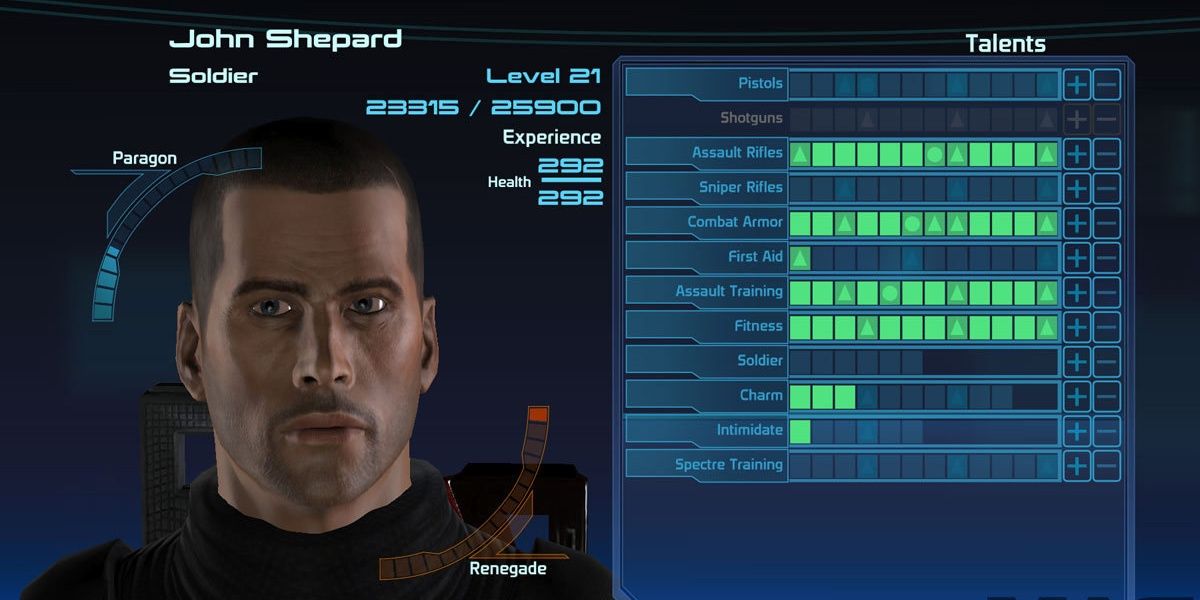
The deeper Mass Effect got into its trilogy, the more streamlined its gameplay became. While this benefitted the shooting and other moment-to-moment aspects, it meant that much of the role-playing fell by the wayside.
RELATED: 15 Action RPGs To Play If You Like The Mass Effect Series
Those going back to the first game will be surprised at the depth of customization available. They have far more freedom not only in how they upgrade character traits but also in how they complete each mission. Granted, it's not quite as open-ended as BioWare's earlier titles like Knights of the Old Republic, but it's certainly more player-driven than what they've done recently. It's refreshing to play a more traditional role-playing game rather than a third-person shooter with role-playing elements.
7 The Washed-Out Look
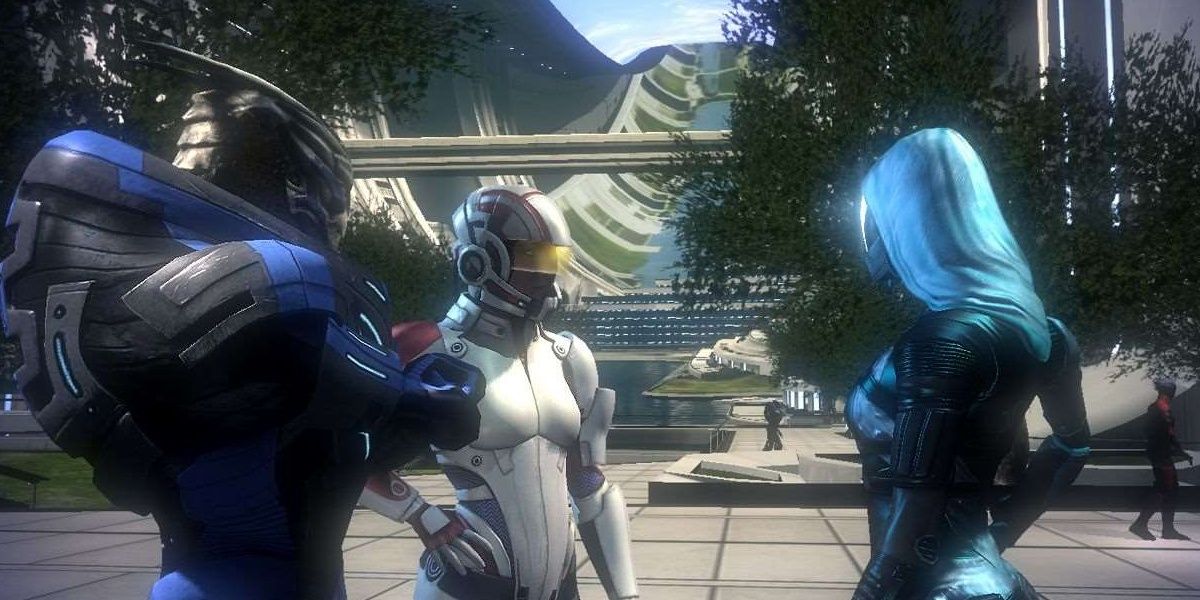
As appealing as the first entry can be in both gameplay and design, there's no escaping the fact that Mass Effect is an early Xbox 360 title. Games from this era tended to equate more sheen with better graphics. Sadly, this made many of them look like glazed donuts.
Mass Effect is no exception to this. Much of the visuals appear oddly desaturated, causing the environments to appear downright ugly and lifeless at times. It certainly pales in comparison to the neo-noir aesthetic of the second game or the gritty spectacle of the third one.
6 You Can't Interrupt Conversations
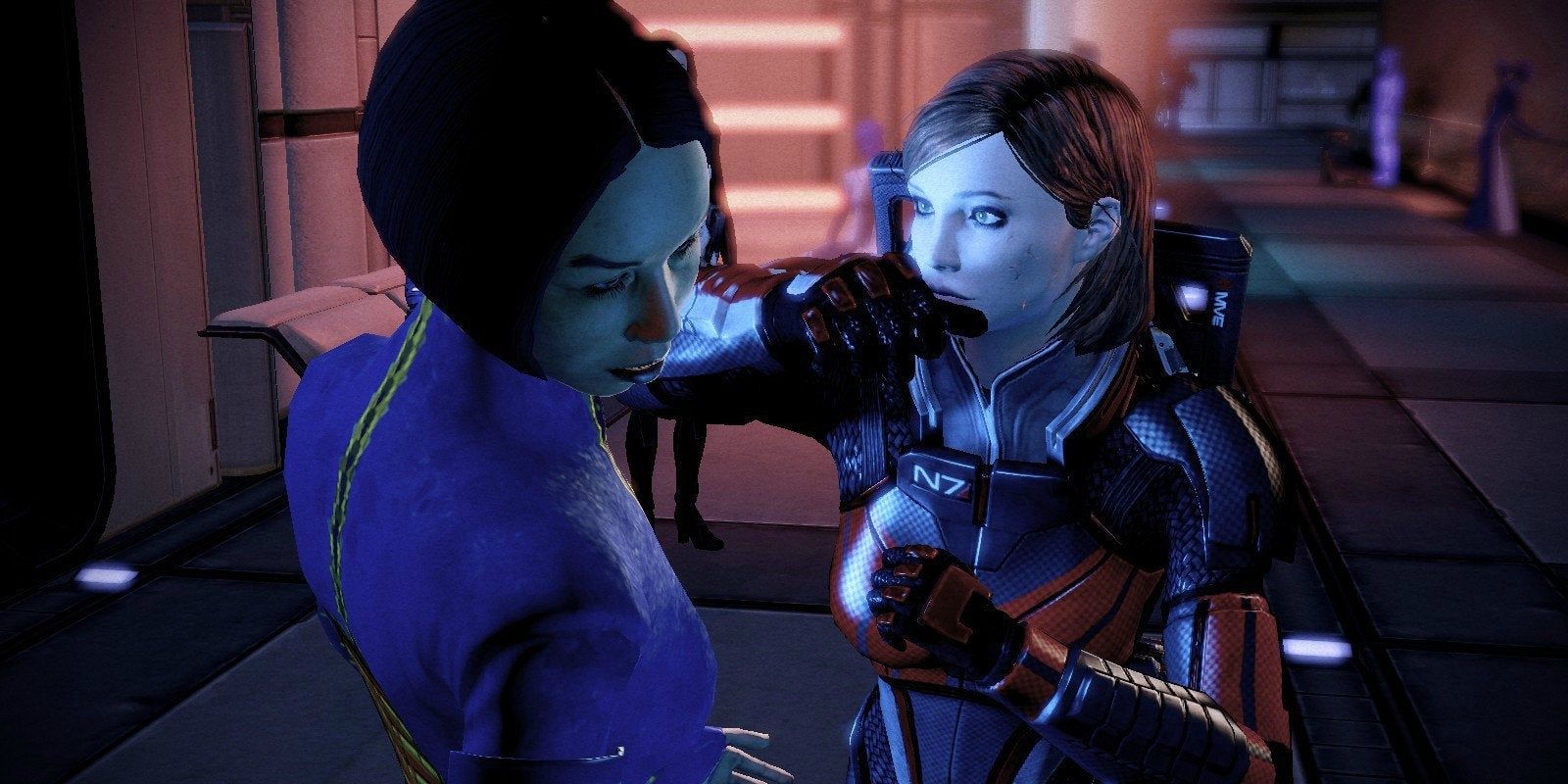
As BioWare developed the morality system, one feature they implemented was the ability to interrupt certain exchanges. Some conversations flashed a colored icon onscreen. Pressing the indicated button allowed Shepard to perform a Paragon or Renegade action, cutting off the other person or even punching him/her in the face. The first game, however, doesn't have this.
Shepard could still make Paragon or Renegade choices, but they were part of the dialogue wheel. This means politely waiting for the other person to finish talking. Since these three titles are so often lumped together as one overarching work, it might be easy to forget that one entry is missing a feature from the other two.
5 More Exploration And Less Hand-Holding
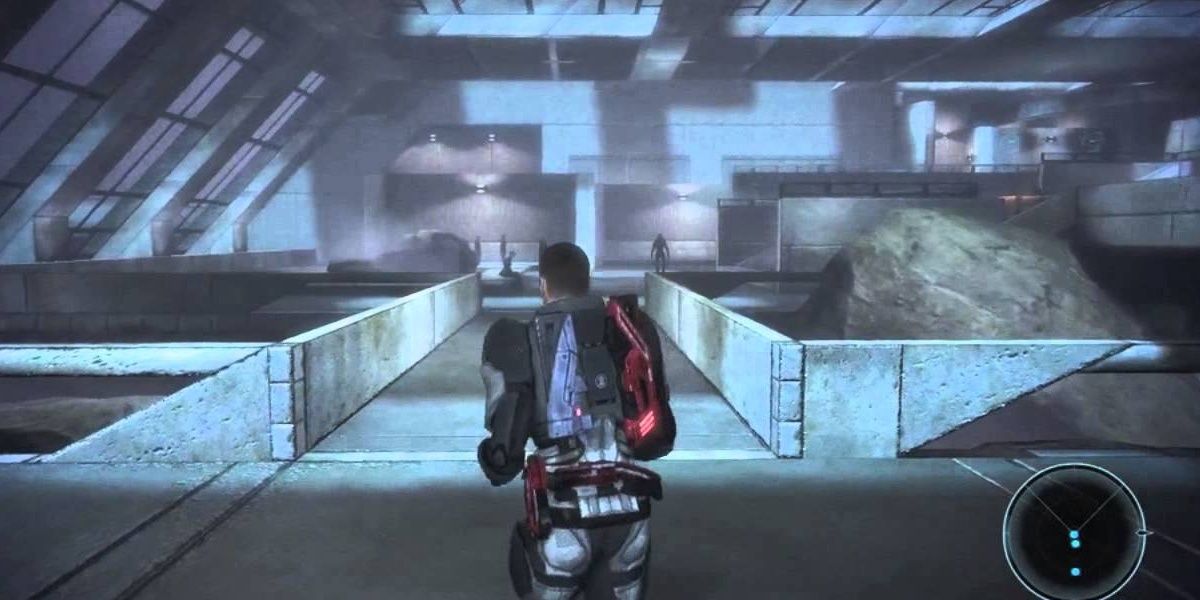
To go along with the RPG elements, other open-ended aspects of Mass Effect were also downplayed in future titles. More levels consisted of corridors, and progression was generally more guided as Shepard and company were told where to go and what to do.
RELATED: 10 Mistakes Everyone Makes On Their First Playthrough Of The Mass Effect Trilogy
By contrast, players of the first game must spend time investigating their environments. They speak to residents and search for clues to where their quarry is found. They might even use their charisma or other attributes to aid them. Depending on how much information they gather or which choices they make, the situation could turn out differently. Basically, you have to use the old noddle to find your way. Those used to hand-holding may have trouble, but plenty of people enjoy this approach.
4 Primitive Animations
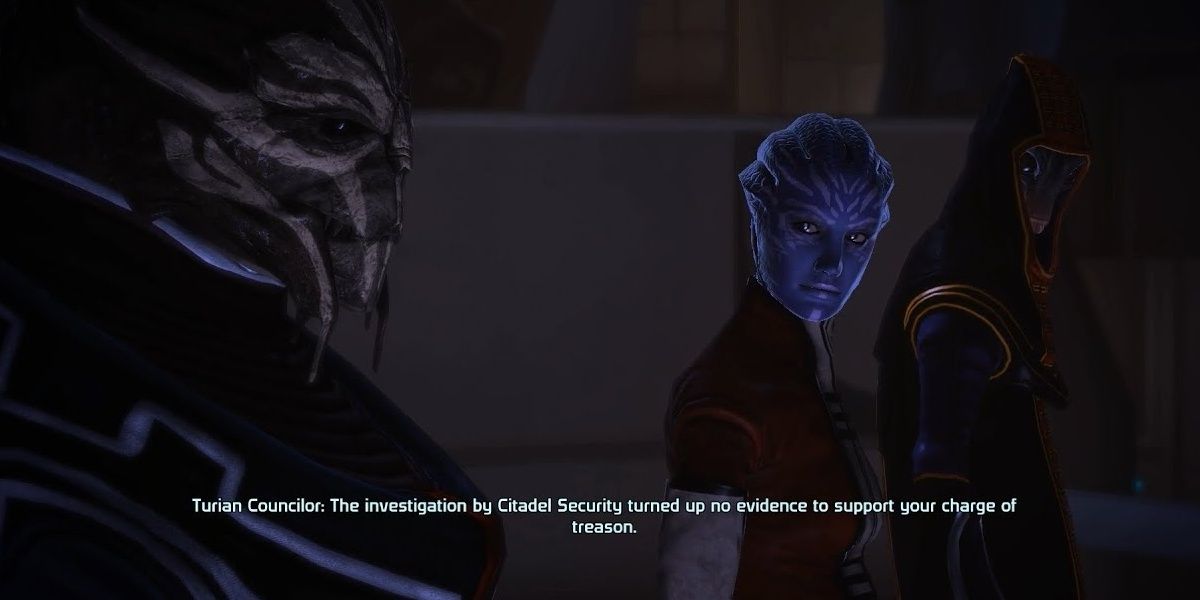
People rightfully ragged on the facial animations (or lack thereof) in Mass Effect: Andromeda. While those in the original trilogy were less embarrassing, they weren't at the top of the food chain by any stretch. BioWare seemed to have a rote sequence of facial movements that its characters cycled through during interactive conversations, and it became more apparent the more someone played.
Granted, Mass Effect hides them better than Knights of the Old Republic. However, they're still noticeable. The only time the game breaks from this is during the pre-rendered cutscenes, which aren't as prevalent in the first entry. Every other time, be prepared to see organics act like synthetics.
3 Great Voice Acting
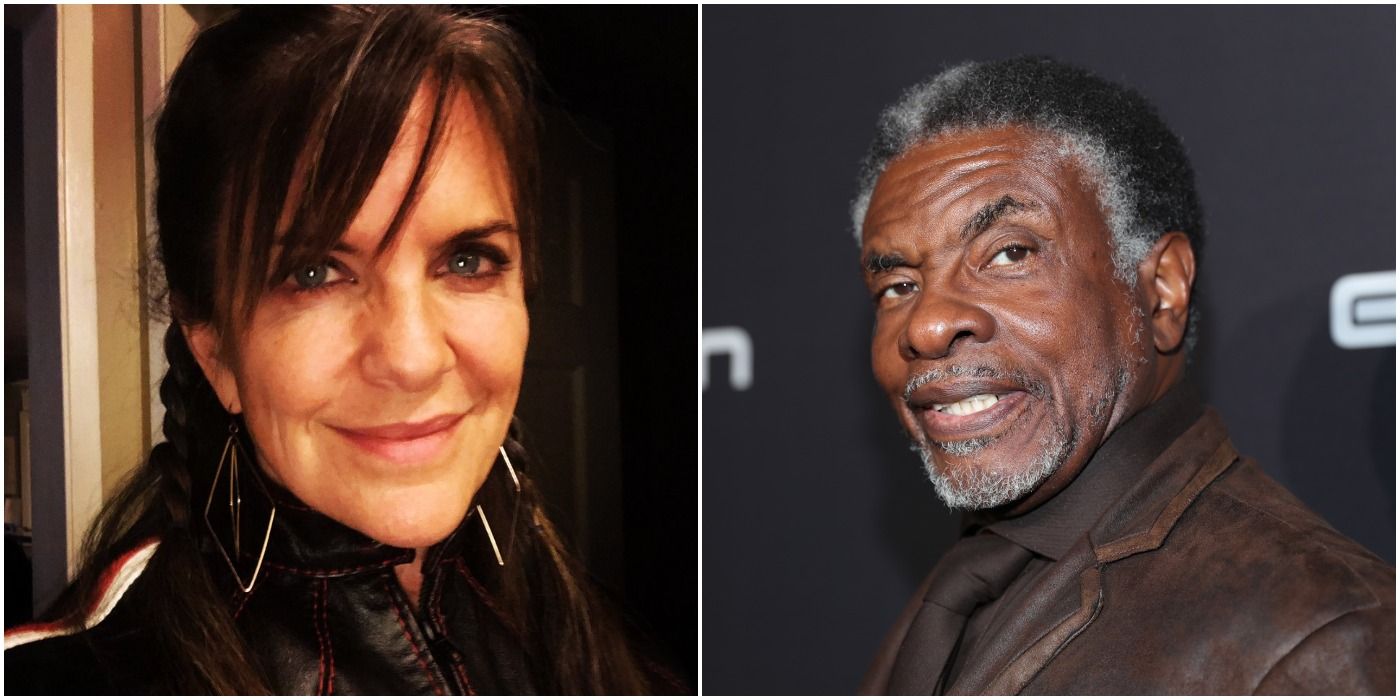
It goes without saying that audiences should expect solid performances in their entertainment, especially when the characters are as prominent as they are in Mass Effect. After the laughable voice work in Andromeda, though, some may wonder whether the acting in the original trilogy is as good as they remember. Thankfully, it is.
The cast is comprised of both veteran voice actors, such as Jennifer Hale and Fred Tatasciore, and screen icons like Keith David and Marina Sirtis. Despite these differences, they're all incredibly believable as their respective characters, equipped with the gravitas and personality needed to sell this fantastical universe.
2 Invisible Loading Screens
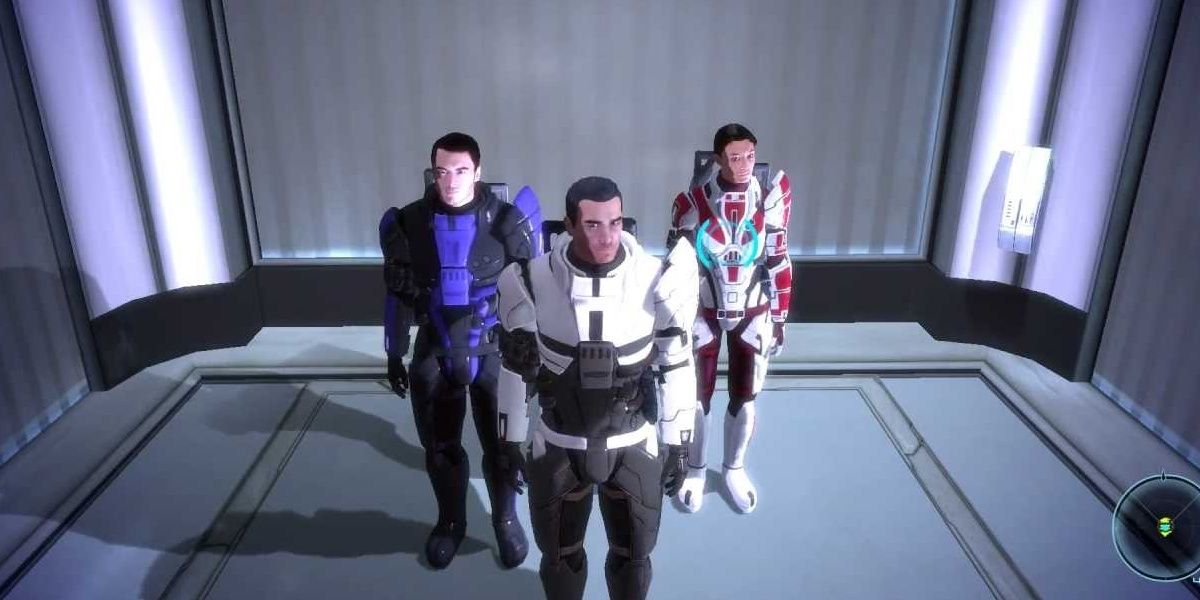
Video games need to load. There's no way around it. Developers just have to ask themselves "should they try to hide it, or give players something pretty to look at while they wait?" Later games went for the latter. Players had a picture of the upcoming planet or an animated schematic of the Normandy to stimulate the senses.
The first game, on the other hand, tries to disguise the loading times. Unfortunately, it doesn't do that particularly well. Shepard and his squad will board an elevator or enter/exit the Normandy, and they'll stand stock-still in formation while awkward silence sets in. During these long periods of waiting, you'll be praying for something more interesting to look at.
1 Effective Choices
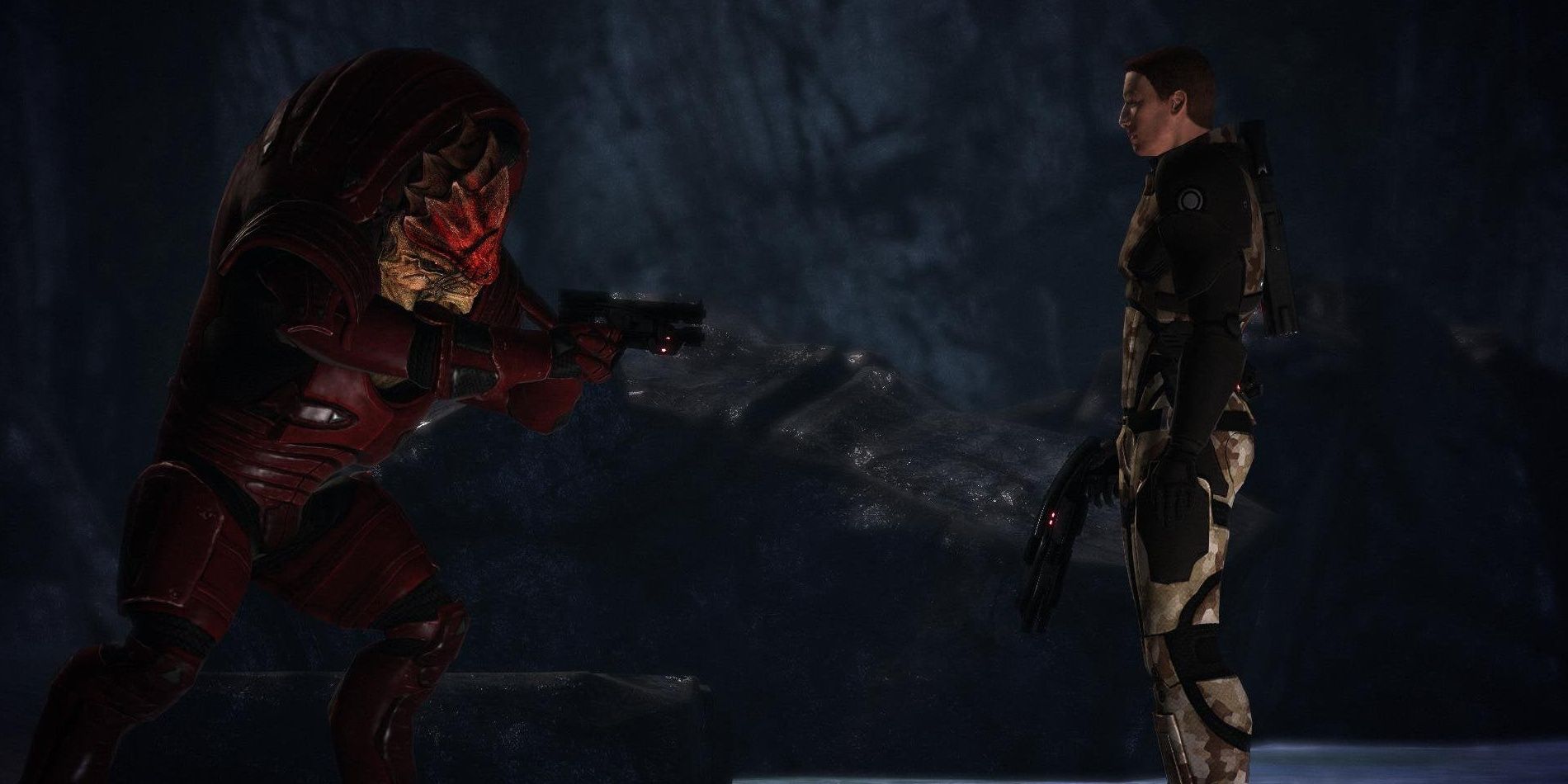
Killing characters in a story can be heart-wrenching. Killing party members is arguably more effective since it applies that sense of loss to the gameplay. It robs players of the tools they've grown used to and takes away the companions they've grown attached to over several hours. The choices made have tangible weight to them. Plus, it encourages additional playthroughs to see if things turn out differently.
BioWare seemed to forget that in some of its other role-playing endeavors. The studio lessened such choices in the Dragon Age series and even the other Mass Effect titles, especially Andromeda. Luckily, there's no such mollycoddling in BioWare's 2007 hit. Multiple times throughout the journey, Shepard must make decisions that could lead to the injury or death of those around him/her, including teammates. It's one of the most important factors in the series' success among other space adventure tales. Actions have consequences. Mass Effect fans shouldn't forget that.
NEXT: 10 Games To Play While Waiting For The Mass Effect Trilogy Remaster

